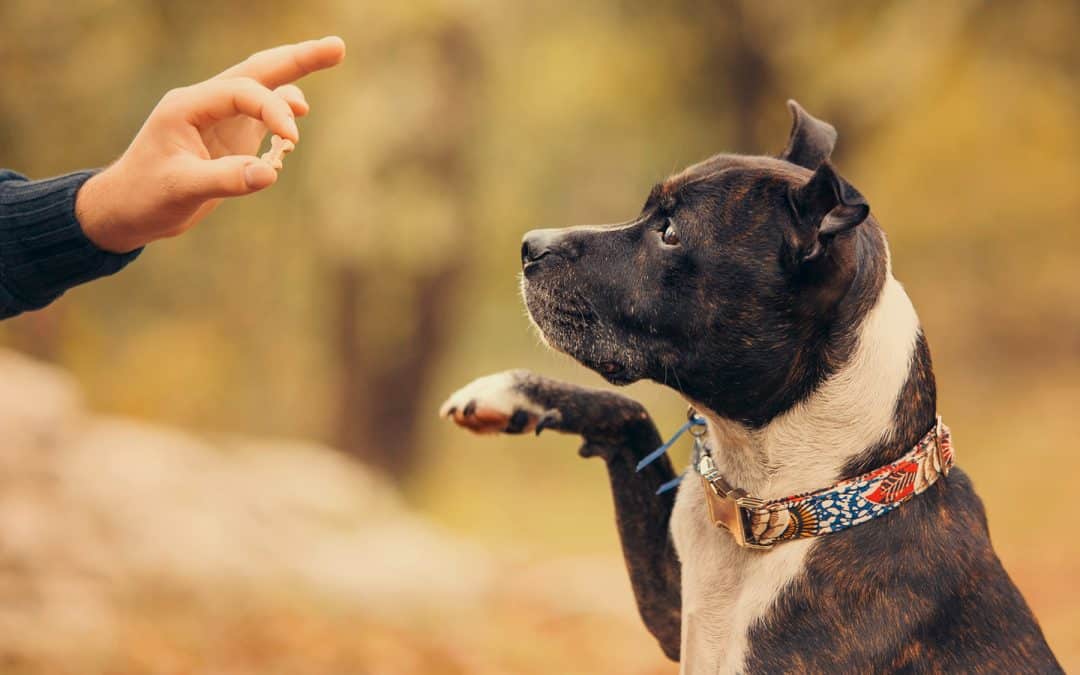Expect Kindness & Compassion
Comprehensive Veterinary Care for Your Four-Legged Family Member.
The Importance of a Well-Trained Pet
- Enhances the bond between pet and owner: When your pet responds to commands, it creates a sense of mutual respect and communication, enhancing your connection.
- Promotes safety for both pet and family: A well-trained pet is less likely to engage in behaviors that could be dangerous to themselves or others.
- Reduces stress and anxiety for the pet: A structured environment with clear rules and boundaries makes pets feel more secure and less stressed.
- Prevents destructive behaviors: Training provides pets with appropriate outlets for their energy and instincts, reducing the likelihood of destructive behaviors such as chewing, scratching, or digging.
- Facilitates social interactions with other pets and people: Well-trained pets are more confident and comfortable in various social situations, making outings and interactions more enjoyable for everyone.
Common Behavioral Problems for Pets
- Excessive barking or meowing: Excessive vocalization can be a sign of underlying issues such as boredom, anxiety, or a desire for attention.
- Aggression towards people or other animals: Understanding the triggers and working with a professional trainer or behaviorist can help modify aggressive behavior and ensure the safety of everyone involved.
- Separation anxiety: Pets with separation anxiety exhibit distress when left alone, often leading to destructive behavior and vocalization. Gradual desensitization, creating a safe space, and providing distractions can help alleviate this anxiety.
- House soiling: Frequent accidents may indicate medical issues, stress, or inadequate training. Ensuring your pet has a regular bathroom schedule, positive reinforcement, and a clean environment can help address house soiling.
- Destructive chewing or scratching: Destructive behavior is often a result of boredom, teething in young pets, or a lack of appropriate outlets for natural instincts. Providing chew toys, scratching posts, and regular exercise can help redirect this behavior in a positive way.
Tips for Training Your Pet
Start with basic commands
Teaching your pet basic commands such as “sit,” “stay,” “come,” and “leave it” lays the foundation for more advanced training. These commands are essential for managing your pet’s behavior in various situations and ensuring their safety.
Positive reinforcement techniques
Use positive reinforcement to encourage good behavior. Reward your pet with treats, praise, or playtime whenever they follow a command correctly. This approach reinforces the desired behavior and strengthens the bond between you and your pet.
Consistency and patience
Consistency is key to successful training. Establish a routine and use the same commands and signals each time. Avoid sending mixed signals, which can confuse your pet. Patience is equally important, as training takes time and persistence.
Socialization practices
Introduce your pet to new environments, people, and other animals gradually. Proper socialization helps your pet become well-adjusted and comfortable in different settings, reducing anxiety and promoting positive interactions.
Addressing specific behavioral issues
If your pet has specific behavioral issues, please consult with your veterinarian to make sure there is no underlying physical illness or pain that is causing the unwanted behaviors. If none are found, consider seeking help from a professional trainer or behaviorist. Customized training plans to address specific issues such as aggression, separation anxiety, or house soiling.
Schedule a Veterinary Appointment in Gallatin, TN
By addressing behavioral issues and establishing a strong foundation through consistent and positive training methods, you can ensure your pet’s well-being and your peace of mind. If you’re facing challenges with training or need personalized guidance, contact the team at Bluegrass Veterinary Hospital in Gallatin, TN. Schedule a consultation today to get expert advice and support tailored to your pet’s unique needs.
Dr. Benjamin L. Zimmerman, DVM
Dr. Benjamin L. Zimmerman, co-owner of Bluegrass Veterinary Hospital, has been dedicated to veterinary medicine since he was eight, inspired by a formative experience on his uncle’s chicken farm. With extensive hands-on experience on various farms, he values educating pet owners about their furry companions. When not caring for animals, he enjoys playing the fiddle, cooking, and spending time outdoors with his family and pets.


